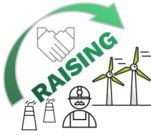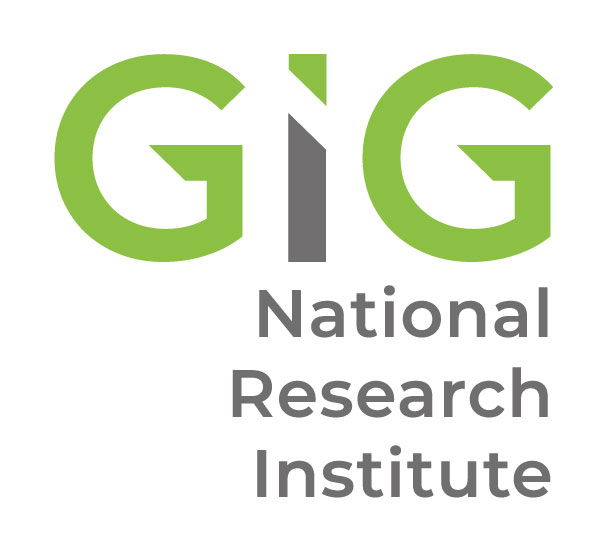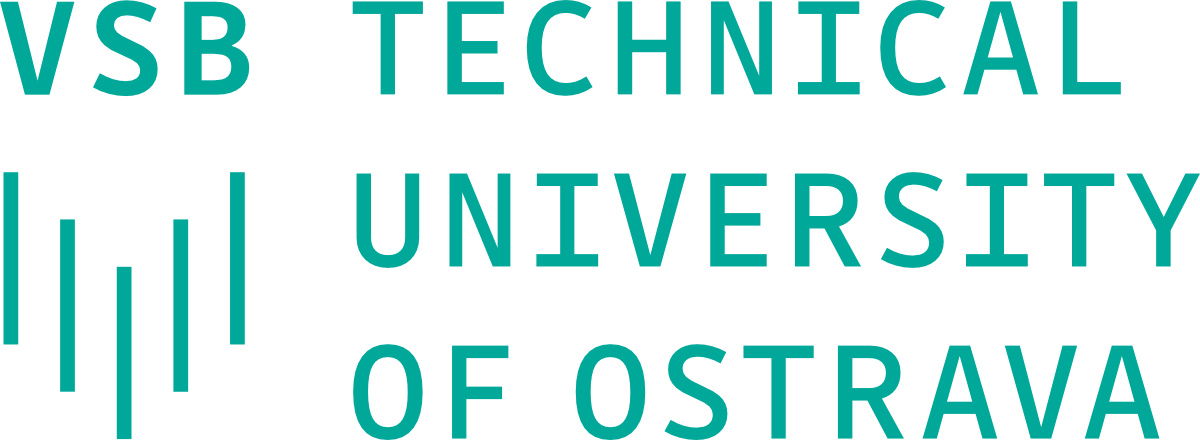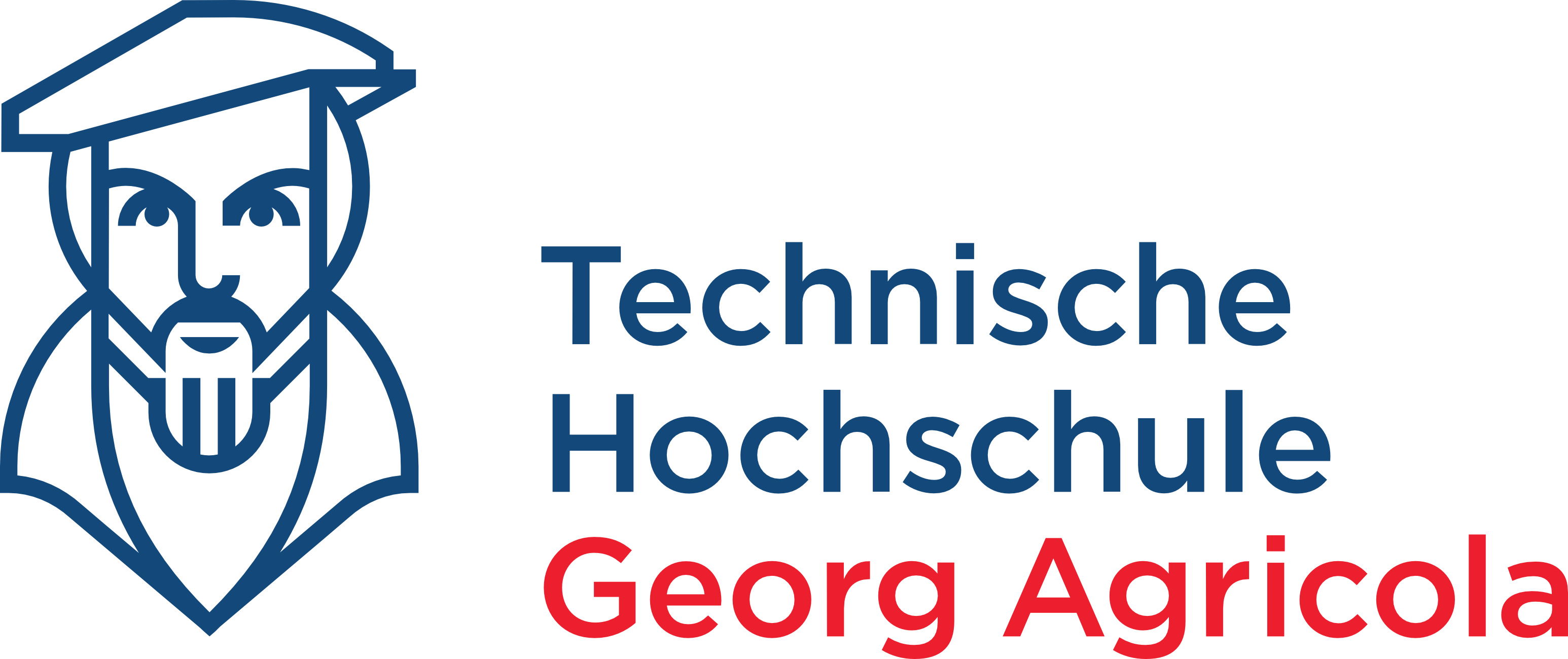Consortium
Central Mining Institute-National Research Institute (GIG-PIB) is one of the major Polish research institutions, subordinates to the Minister of Industry and a research institute of the A category. Since 1925, the Institute has been associated with the mining industry and the region of Upper Silesia. The mission of GIG-PIB is to conduct scientific research as well as implementation and service activities aimed at shaping beneficial man - industry - environment relationships. Human subjectivity is a priority in these activities. The activities of the Institute cover the most important aspects of mining and geoengineering, industrial workplace safety, and environmental engineering, in particular, environmental protection against the effects of industrial activities. As a result of GIG-PIB work, organizational and technical solutions to minimize hazards and to increase the improvement of safety at work in the industry are implemented. An important part of Institute is the Experimental Mine "Barbara" in Mikołów, where gas explosions and dusts in real conditions are are tested. GIG-PIB maintains extensive contacts with foreign enterprises and institutions as part of scientific and technical cooperation, joint research projects and the export of services and equipment, implements projects under the European Union Framework Programs, the European Coal.
VSB - Technical University of Ostrava draws on 170 years of research and academic excellence to provide world class education in 7 Faculties offering Bachelor's, Master's, PhD, and exchange programmes to students from six continents. State of the art research facilities, cooperation with leading companies, and partnerships with universities and research institutions the world over provide excellent opportunities for student, teachers, and researchers alike. Research at the University can be grouped into six Research Areas, on which work is carried out in research centres and institutes, including the National Supercomputing Centre. The six Research Areas include: Raw materials, energy and environmental science Computational sciences and information technologies, New materials, structures and technologies, Modern engineering, Safety technologies, Modelling of economic and financial processes.
Faculty of Mining and Geology uniquely fuses natural sciences together with technical and economical fields of study. Its multi-disciplinary approach is evident from its research and educational characteristics, where the scope of studies not only supports practical applications of knowledge, but also emphasizes a creative and innovative approach to education, science and research. At the faculty of Mining and Geology there is an "Institute of Clean Technologies for Mining and Utilization of Raw Materials for Energy Use" since 2010. The main objective of the unique centre (just one in the Czech Republic), which deals with the research of problems in the area of extraction and utilization of energy resources and further exploitation of the geological environment, while ensuring the sustainable development and the requirement for maximum self-sufficiency in raw materials, which is becoming a key priority for the member states of the European Union. The unification of research activities of two organizations enables to respond more effectively to problems and practical challenges coming from users in the economic sphere.
The Technische Hochschule Georg Agricola University (THGA) is part of the DMT LB mbH - a non-profit organisation for education and culture – and was founded in 1816 as a school of mining. Since then, it focuses on the education and training of mine workers and mine managers. With the decision of the German government in 2007 to phase out the coal mining activities in Germany, the university decided to focus on mine closure and post-mining. In 2015, the Research Center of Post-Mining was established. Nowadays, research is carried out in 4 areas: (1) “Mine water management”; (2) “Geomonitoring in Post-Mining”; (3) “Material sciences for industrial heritage” and (4) “Reactivation and Transition”. RAISING will be conducted in the research area “Reactivation and Transition”. Julia Haske and her team are analysing the various political and legal frameworks in post-mining regions, investigating “good governance” practices, developing “lessons learned” by comparing governmental organisations and rules to shape and monitor mine closures and post-mining activities. These results are transferred to other regions or countries and lead to adapted governance structures for the various stakeholder as the political and legal framework is the base for a just transition and a successful reactivation of infrastructures, areas, dumps and other coal mining legacies. Julia and her team are currently involved in the RFCS projects “GreenJOBS, and CoalHeritage and have recently completed the RFCS projects “POTENTIALS” and “WINTER”.
INSTRAT Foundation (Fundacja INSTRAT) is a Poland-based think tank with a mission of supercharging policies and public opinion with open data and research for a fair, green and digital economy. Our research areas cover energy & climate policy, regional and labor market policies, just net-zero, decarbonizing hard-to-abate sectors, equitable economies and digital economy. Currently we employ more than 20 data analysts, modelers and policy and communications experts and thanks to a strong network with policy makers, investors and academia we are making sure that beyond our data and research we have an impact on the policy making process. Over the last years we have been partnering with regional governments and coal mining communities and empowered them with preparation of their Territorial Just Transition Plans. Our team has (co)-authored i.a. Eastern Greater Poland’s TJTP, assessed by the European Commission as one of the best documents of this type in Europe, and the National Just Transition Plan on behalf of the Ministry of Climate and Environment. Our funders and partners include i.a. major philanthropic organizations (Bloomberg Philanthropies), public sector agencies and international development agencies (European Commission, World Bank) and think tanks (EMBER, Bruegel).

Funded by the European Union. Views and opinions expressed are however those of the author(s) only and do not necessarily reflect those of the European Union or European Research Executive Agency. Neither the European Union nor the granting authority can be held responsible for them.
© 2025 raising.gig.eu | Accessibility Statement




